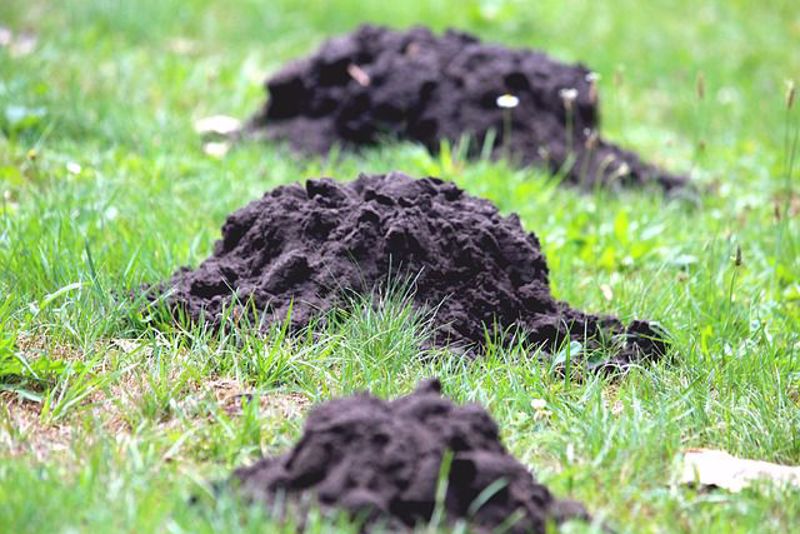Lowes has everything you need to look after your garden. With a Lowes Money Saving Coupon looking after your garden costs less. Garden pests can be a major problem, but there are many environmentally friendly ways to control them. Here are a few of the most effective methods:
1. Plant pest-resistant varieties of plants. Many plant nurseries now offer varieties of plants that have been bred to be resistant to common pests. This is a great way to start off with a garden that is less likely to be damaged by pests.
2. Use physical barriers to keep pests out. Netting, row covers, and floating row covers can all be used to keep pests out of your garden. These barriers can be made from a variety of materials, including plastic, fabric, and metal.
3. Attract beneficial insects. Beneficial insects, such as ladybugs, lacewings, and praying mantises, help to control garden pests. You can attract these insects to your garden by planting flowers that they prefer, such as marigolds, cosmos, and dill.
4. Use insecticidal soaps and oils. Insecticidal soaps and oils are made from natural ingredients and are safe to use around children and pets. These products work by suffocating pests or by disrupting their nervous systems.
5. Use companion planting. Companion planting is a method of planting certain types of plants together that benefit each other. For example, planting marigolds near tomatoes can help to repel tomato hornworms.
6. Remove weeds. Weeds can harbor pests and diseases, so it is important to remove them from your garden as soon as possible. You can remove weeds by hand, by hoeing, or by using a weedwhacker.
7. Water your plants regularly. Healthy plants are less likely to be attacked by pests. Make sure to water your plants deeply and regularly, especially during hot, dry weather.
8. Fertilize your plants appropriately. Over-fertilizing your plants can make them more susceptible to pests. Fertilize your plants according to the instructions on the fertilizer label.
9. Rotate your crops. Rotating your crops from year to year can help to break the life cycle of pests. This means planting different types of plants in the same area each year.
10. Inspect your plants regularly. Inspect your plants regularly for signs of pests. The sooner you find a pest problem, the easier it will be to control.
By following these tips, you can help to keep your garden healthy and pest-free without using harmful chemicals.
Here are some additional tips for controlling garden pests:
Be patient. It may take some time to find the right combination of methods to control pests in your garden. Don't give up!
Be persistent. Even if you do find a method that works, you may need to reapply it periodically. This is especially true if you have a lot of pests or if the weather is favorable for pest growth.
Be informed. There is a lot of information available about controlling garden pests. Do some research to find the methods that are right for you.
With a little patience, persistence, and information, you can keep your garden pest-free and healthy




